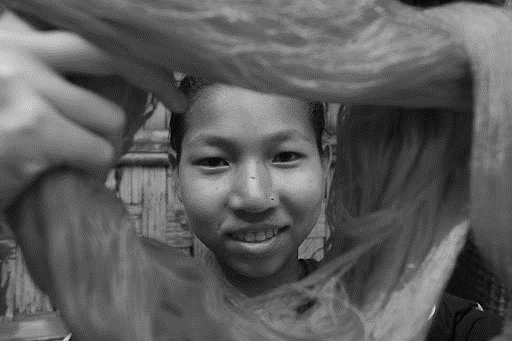Gender Based Violence Among the Internal Garo Migrants in Dhaka
According to the Bangladeshi government’s 2011 census, 1.8% of Bangladesh’s total population (1,586,141 individuals) belong to Indigenous communities living in various regions of the nation. These groups of people are known as ‘adibashi’ or ‘upojati’. Mandi is one of the recognized ethnic communities.
Among them, indigenous women workers struggle with a lack of employment possibilities in their native communities’ outlying regions, severe economic instability, unresolved political conflicts, escalating social inequality, and the massive issue of being forced off their ancestral land. As a result, a large number of people move to urban regions in quest of employment opportunities.
The migration of indigenous women to urban regions to work in official and informal sectors like the garment industry or beauty salons, where they are still not protected from labor rights violations, may also be influenced by the salary gaps that still exist between men and women in rural communities. According to ILO surveys and studies, one-fourth of indigenous workers in urban formal and informal sectors encounter discrimination and other issues.
Indigenous women are even more marginalized than their non-Indigenous counterparts because of their numerous disadvantages, including “gender, ethnicity, and class.” They are marginalized on three different levels based on their identities of gender, ethnic origin, and religion.
This study states how Mandi women perceive gender-based violence. It aims to identify the primary information sources on GBV and its relevance to Mandi women. Also, it looks for appropriate means of facilitating Mandi women’s access to knowledge on GBV.
Click here to read more
